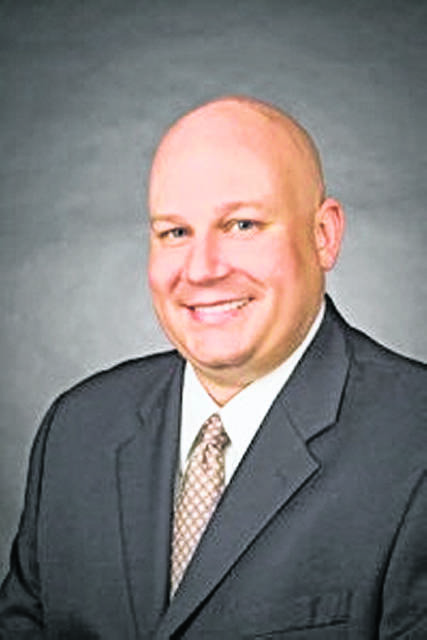True love is usually amplified so loudly in the heart of the lover that the sounds of anything else are almost imperceptible.
Put simply, love overwhelms. Romantic and spousal love in particular can flood emotions so strongly as to make anything that is not the subject of the love seem to be colorless, tasteless, and meaningless. Love can block out the significance and sometimes even the existence of anything other than the subject of that love.
Unfortunately, the reality of drug addiction that has gripped so much of our society is life-altering on the magnitude of love. In the way a person would do anything for the person’s lover, addicts will often do anything to feed their habit. Hurt, pain, risk or any other negative implication is overwhelmed and washed away in the mind of an addict when compared with the importance of the next drug dose.
The ugly possibility or existence of drug addiction is an unfortunate but necessary consideration in estate planning.
Good estate planning will keep the door open to prepare for the disappointing but possible influence of drugs in the lives of people we love. Estate planning accommodates these circumstances by being amendable, being specific and being regularly monitored and updated.
Most estate planning documents are amendable while the signer of the document is mentally competent. Wills can be amended in almost every context. Most beneficiary and transfer-on-death designations are changeable. Trusts can usually be amended, too.
Importantly, even irrevocable trusts, which are technically not able to be revoked or amended, can and should be amendable as to post-death distribution plans. Creating amenability for a document that states that it cannot be amended, like an irrevocable trust, is facilitated by reserving to the trust-makers what is called a testamentary power of appointment.
Appointment is a legal term that means directing the post-death distribution of someone’s assets. For example, I could appoint five percent of my estate when I die to be paid to my nephew.
Most irrevocable trusts, which are not amendable, reserve for the trust-makers, an ability to change the post-death asset appointment through the trust-maker’s last will and testament. Thus, the term “testamentary” identifies that a change in appointment is not an amendment to the trust but is instead a power reserved in the trust maker’s will.
Second, trusts of any type can be very specific and can include drug testing requirements and can accommodate long-term, methodical distributions of resources for specific purposes only (like lodging or utilities). I often include in trusts the ability for the trustee or administrator of the trust to be able to also pay for rehabilitation, if the trustee deems that helpful.
Finally, people should regularly consult with their attorneys to identify any new circumstances, including a loved one’s beginning of or recovery from addiction.
Despite the horrific nature of considering the possibility of a loved one’s addiction, preparation for that possibility allows us to be the responsible stewards of God’s gifts that the Bible calls us to be.
Lee R. Schroeder is an Ohio licensed attorney at Schroeder Law LLC in Putnam County. He limits his practice to business, real estate, estate planning and agriculture issues in northwest Ohio. He can be reached at [email protected] or at 419-659-2058. This article is not intended to serve as legal advice, and specific advice should be sought from the licensed attorney of your choice based upon the specific facts and circumstances that you face.







